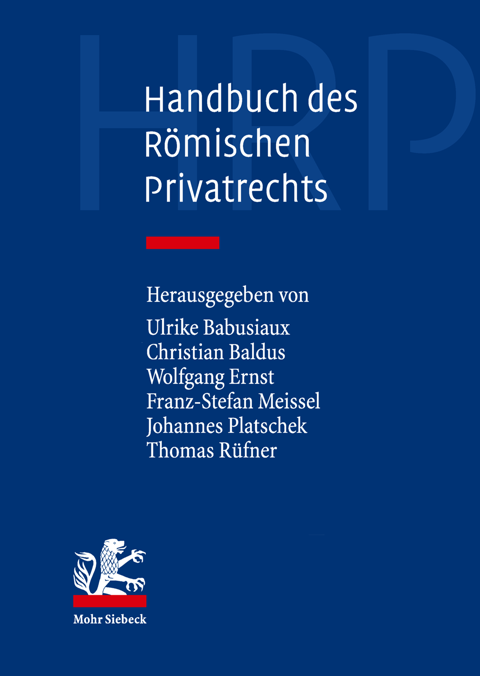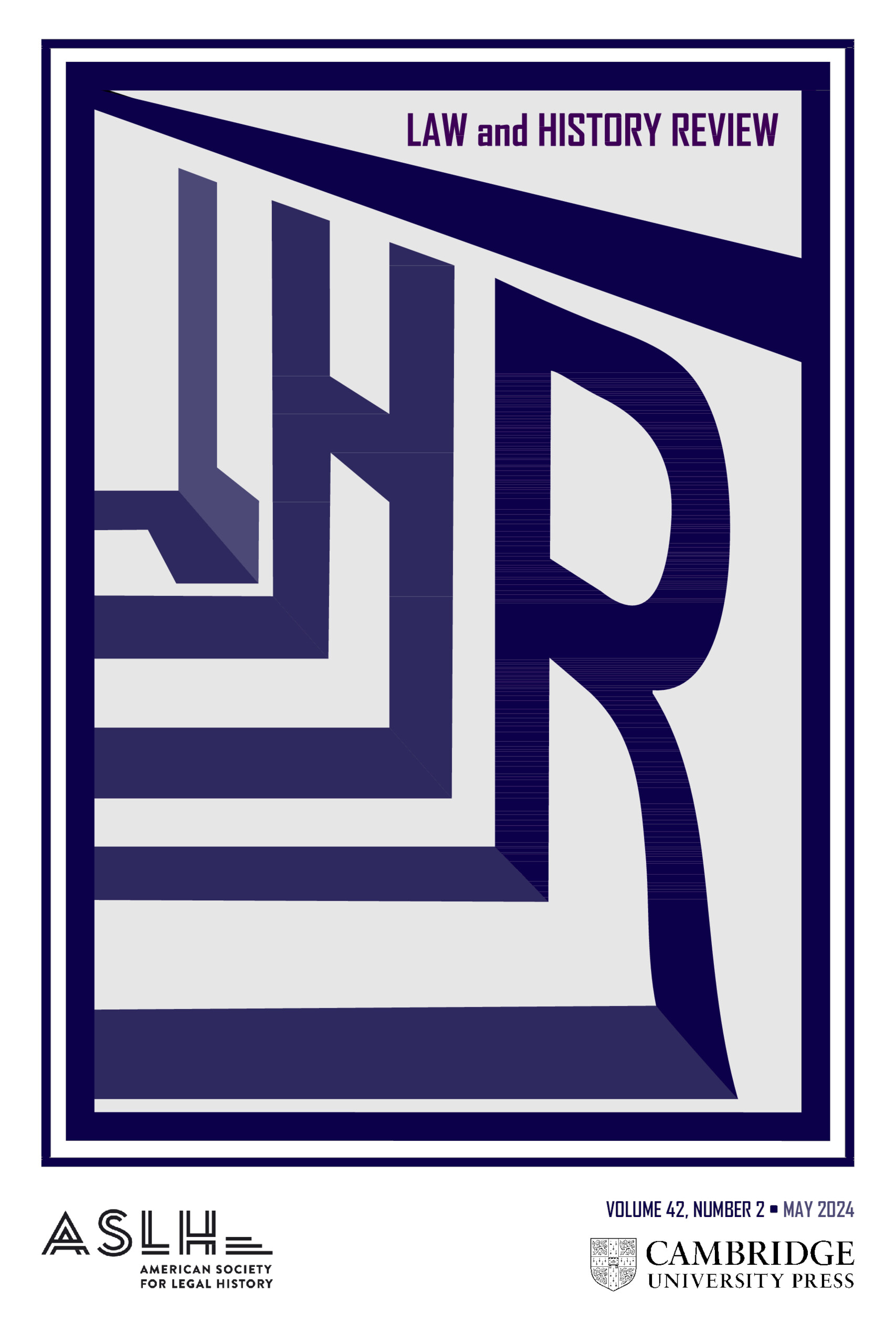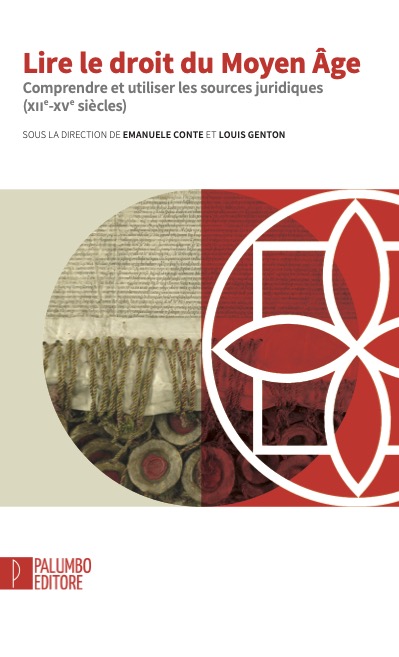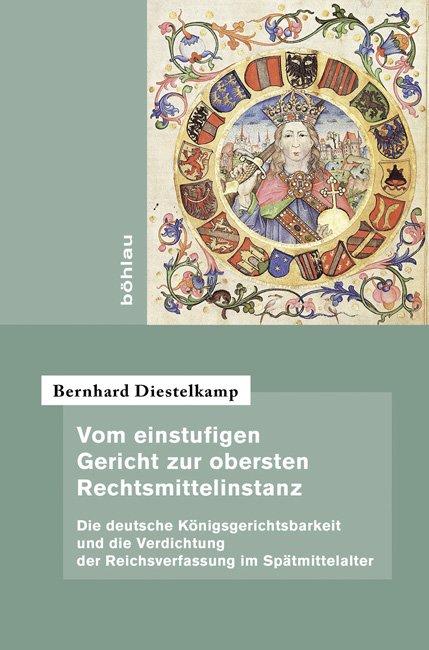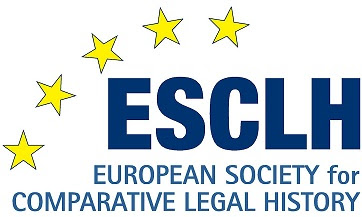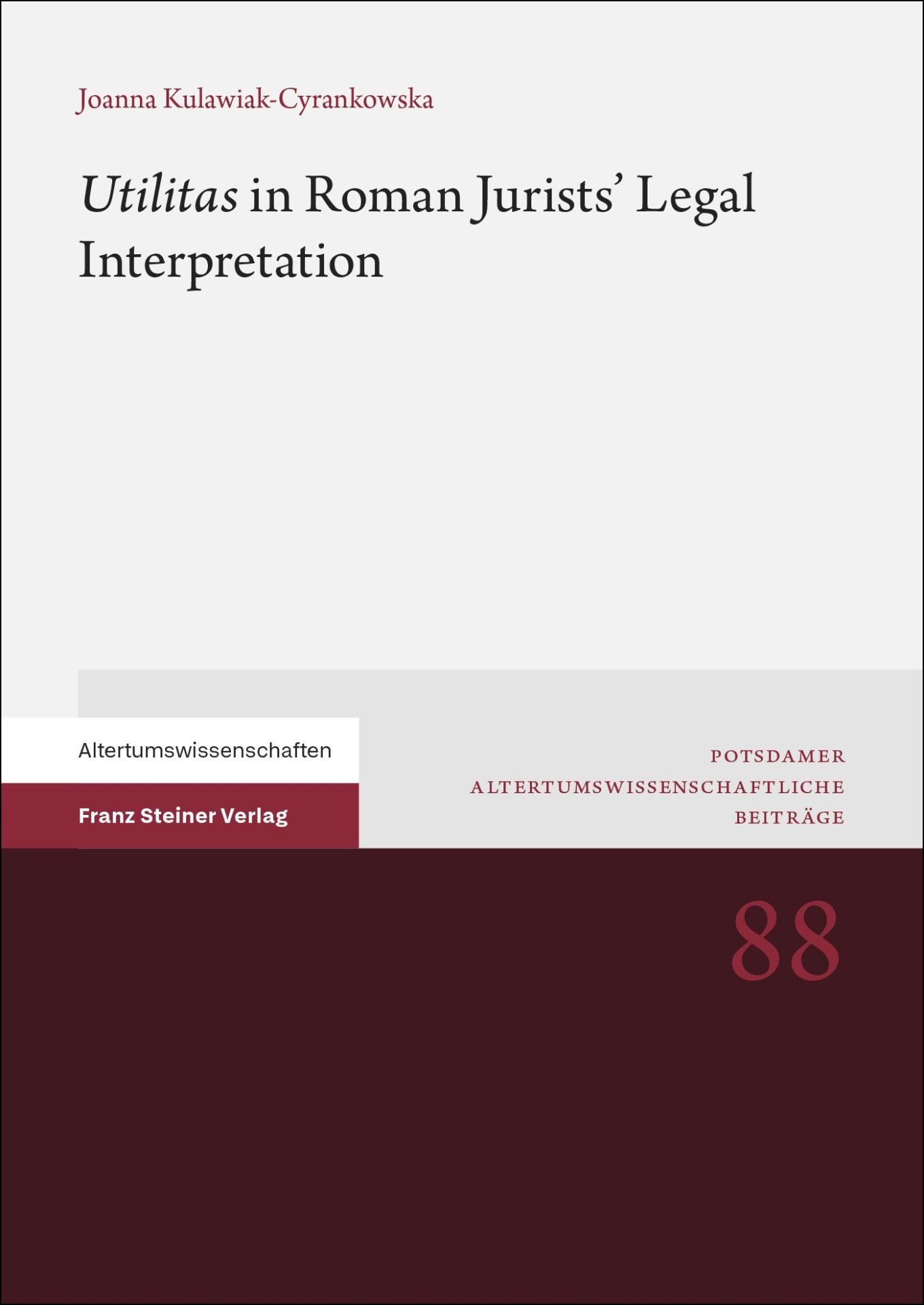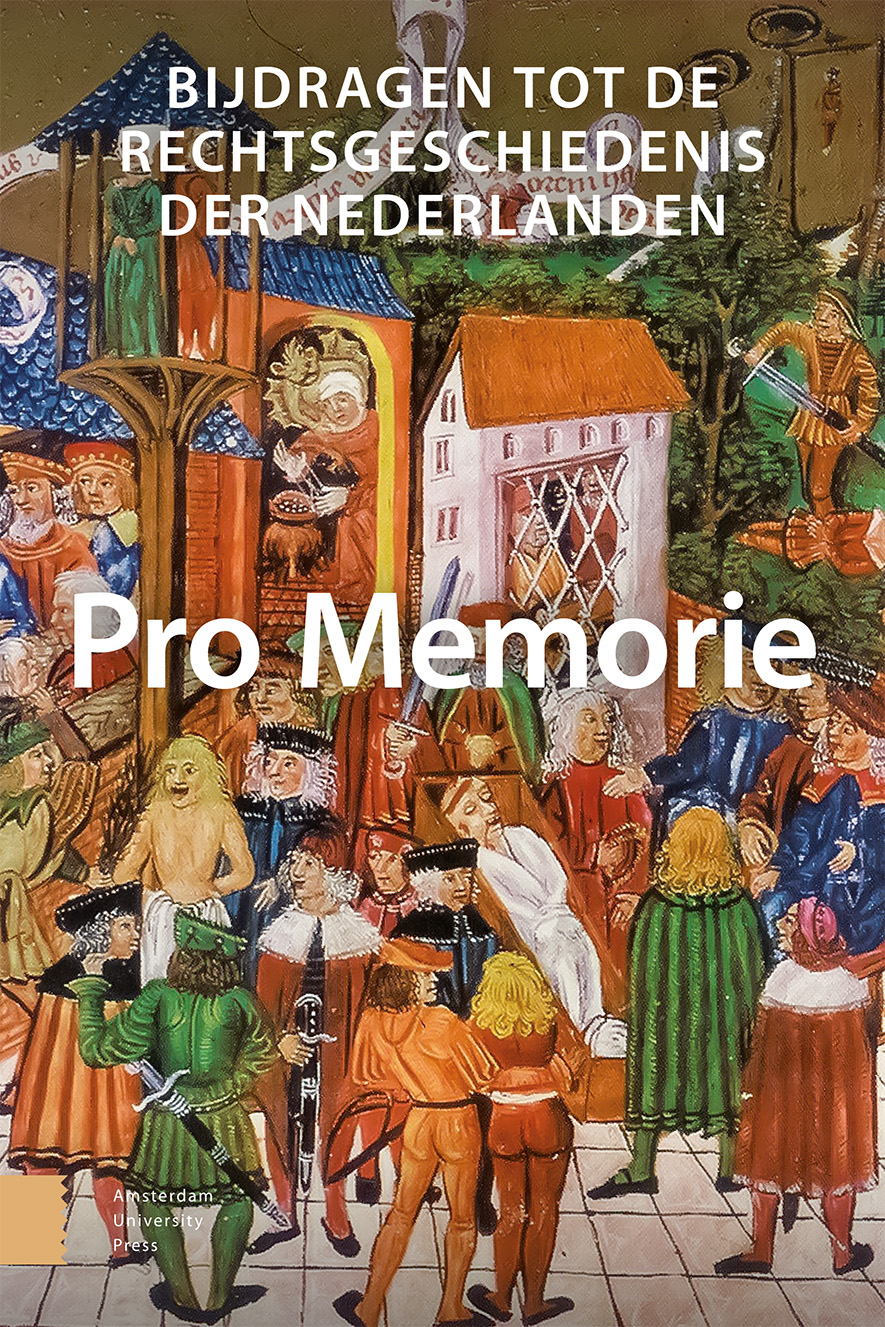Colloque junior, CHSP, Sciences Po Paris, 27-28 November 2025
Abstracts submission deadline: 10 August 2025
Contact: invisibleactors2025@gmail.com
Co-funded by Sciences Po School of Research and the Centre for History and Economics in Paris.
Organising committee: Clarisse ANCEAU (École de Droit SciencesPo); Lorenzo BONOMELLI (CHSP/SSM Naples); Amina HASSANI (École de Droit SciencesPo/Geneva); Conor MULLER (Oxford/CHSP); Giovanni ROGGIA (CHSP/Univ. Roma Tre).
Scientific committee : Daniela Luigia CAGLIOTI (Univ. Federico II Napoli); Jean D’ASPREMONT (École de droit Sciences Po/Manchester); Renaud MORIEUX (Cambridge); Horatia MUIR WATT (École de droit Sciences Po); Paul André ROSENTAL (CHSP); David TODD (CHSP-CHEP); Dina WAKED (École de droit/École de la recherche Sciences Po).
Duration: 1.5 days (one afternoon and one full day)
Participants: 9–12 PhD candidates and early career scholars
Proposal
We invite submissions for a conference exploring the role of invisible actors in the making and the transformation of international law from the mid-eighteenth to the twentieth century.
By invisible actors, we refer to individuals, groups and non-human agents (Latour, 2005) that have remained absent from dominant research frameworks within historical and international legal scholarship and who do not appear – or appear only tangentially – in the sources traditionally used by historians of international law such as treaties, state papers, and legal literature. The aim is to contribute to the writing of new histories and genealogies of international law by shifting the focus toward those whose roles have been marginalised or neglected in existing narratives. Participants are invited to explore the role of actors and stakeholders at all levels, from individuals, transnational movements, and interest groups to corporations and non-governmental bodies.
By making international law, we mean a broad understanding that goes beyond the formal adoption of legal norms. It encompasses practices, and interpretations, but also moments when international law is invoked, applied and thereby continuously (re)produced.
We seek contributions examining how these actors established and challenged norms, customs, and institutions. Submissions should adopt a historical perspective, situating these transformations within their broader historical context. They are expected to examine the causes and consequences of these changes, their interactions with wider historical phenomena, and the continuities and ruptures they reveal in relation to earlier and later developments.
By combining and encouraging dialogue, connections, and comparisons between historical and other social scientific approaches, we aim to historicise the making of international law. Submissions from specialists and non-specialists in law and legal history alike are equally welcome.
Scope and objectives
In the last decades, the study of international law has transcended state-centric approaches and legal formalism, incorporating a variety of new actors, spaces, and topics (Fassbender and Peters 2012; Becker Lorca 2015; Herzog 2018). This conference expands on these approaches by bringing into view invisible actors and their contributions to the making of international law.
Therefore, we will focus on the epoch between the middle of the eighteenth century and the end of the twentieth, a period characterised by growing interconnectedness and radical political and economic change. The event will examine how actors operating at different scales and spaces – from the local to the global – interacted to shape norms, practices, and customs into law (Benton 2001; Dezalay 2025; Hespanha 2025). As such, papers might explore the formal and informal ordering of exchanges, movements, and relationships into overarching systems of rule, negotiation, and coercion across and between legal jurisdictions (Benton and Ford 2016; Morieux and Mulich 2024).
Themes and topics
The historical development of international law will be investigated through the contributions of individuals, groups, and non-human agents, including – but not limited to – organisations, such as NGOs, trade unions, professional associations, corporations, as well as communities, economic and financial actors, and minorities, but also elements of nature and (im)material objects.
We will explore the regulatory frameworks that have emerged to manage connections and flows across and within borders. How and why did actors participate in regulating – or not regulating – these exchanges? And how did their practices impact regional and global orders?
We welcome contributions addressing the following thematic areas:
- Migrant people, human mobilities, and the transformations of international law
- The role of groups, minorities, and communities within and across states in shaping legal practices and institutions
- The agency and role of local and indigenous actors within and against imperial orders
- The plurality of economic actors and business organisations, their transformations through time, and their impact on international law
- New actors, the evolution of warfare, and the changing law of war
- Non-human agents, elements of nature and (im)material objects in the making of international law
We also encourage submissions on subjects not directly included in these thematic areas, but which engage with the general topic and questions of the conference.
Methodological framework
Presenters should contribute to the conference’s interdisciplinary approach, drawing from and sharing their expertise in diverse fields such as history, law, international relations, and political science. Participants may employ a variety of methodologies, including case studies, comparative and connected analyses, and theoretical reflections. The convenors will be particularly keen to host papers presenting unexplored bodies of primary sources, or that investigate traditional sources of international legal history from new angles. Contributions that connect different scales of analysis, including the local and regional as well as the national, imperial, and global, are especially welcome. Panels will be formed thematically but will include speakers from a mixture of disciplines, and participants should be prepared to discuss their particular methodology, sources, and approach to their topic in relation to those developed and deployed by other speakers.
Submission guidelines
This conference is specifically designed to provide a platform for PhD candidates and early career scholars to share their research, receive feedback, and engage in meaningful dialogue with peers and senior academics.
Abstracts of no more than 300 words should be submitted by 10th August. Please include a title, your name, institutional affiliation, contact information, and a short bio. Submissions should be sent to invisibleactors2025@gmail.com.
Selected participants will be notified by 20th September and will be asked to send a short paper (no more than 2,500 words, excluding bibliographical references) by 7th November. All papers will be pre-circulated internally among the participants to encourage discussion.
Each participant will have 15 minutes to present their paper. Each panel, consisting of three or four participants each addressing a related issue or time period, will allow substantial time for debate with two discussants (established scholars in the fields of history and law) and the audience.
The conference will be held in English.
Selected participants will be invited to seek funding from their own institutions to cover travel and accommodation expenses. Depending on the funding available, the organisers may be able to partially contribute to the expenses of participants who have no other sources of support. There will be no registration or participation fees for the conference.
A publication collecting the contributions to the conference is envisaged.
Works cited
Becker Lorca, Arnulf. 2015. Mestizo International Law: A Global Intellectual History 1842–1933. Cambridge: Cambridge University Press.
Benton, Lauren. 2001. Law and Colonial Cultures: Legal Regimes in World History, 1400–1900. Cambridge: Cambridge University Press.
Benton, Lauren, and Lisa Ford. 2016. Rage for Order: The British Empire and the Origins of International Law, 1800–1850. Cambridge-London: Harvard University Press.
Dezalay, Sara. 2025. Lawyering Imperial Encounters: Negotiating Africa’s Relationship with the World Economy. Cambridge: Cambridge University Press.
Fassbender, Bardo, and Anne Peters. eds. 2012. The Oxford Handbook of the History of International Law. Oxford: Oxford University Press.
Herzog, Tamar. 2018. A Short History of European Law: The Last Two and a Half Millennia. Harvard: Harvard University Press.
Hespanha, António Manuel. 2025. Filhos da Terra. Mestizos Identities at the Margins of Portuguese Imperial Expansion. Leiden: Brill.
Latour, Bruno. 2005. Reassembling the Social: An Introduction to Actor-Network-Theory. Oxford: Oxford University Press.
Morieux, Renaud, and Jeppe Mulich. eds. 2024. ‘Ordering the Oceans, Ordering the World’. Past & Present 265, supplement 17 (special issue).
(source: International Law Reporter)

